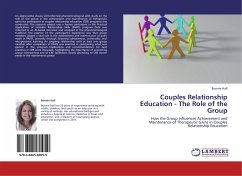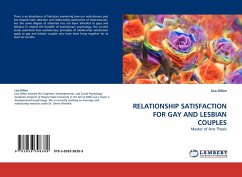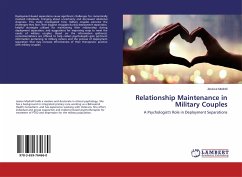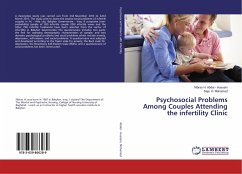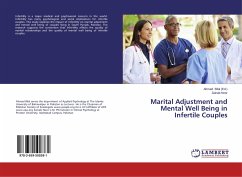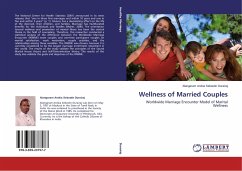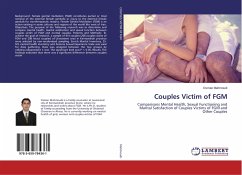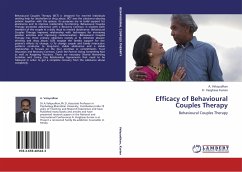An appreciative inquiry (AI)-informed phenomenological pilot study on the role of the group in the achievement and maintenance of therapeutic gains for participants in couples relationship education (CRE) programs was conducted. The research subject was a former participant in the Practical Application of Intimate Relationship Skills (PAIRS) program. Data was collected in an AI-based interview and analyzed in the phenomenological tradition. The essence of the participant's experience was that group members played a vital role in the achievement and maintenance of gains made in PAIRS, primarily through fostering cohesiveness, universality, and interpersonal learning. An ongoing relationship with at least one group member after completion of PAIRS was essential in maintaining what was gained in the program. Implications and recommendations for best practices in CRE were discussed, highlighting the importance of promoting group cohesiveness and of CRE facilitators closely attending to CRE clients' needs in the maintenance phase.
Bitte wählen Sie Ihr Anliegen aus.
Rechnungen
Retourenschein anfordern
Bestellstatus
Storno

